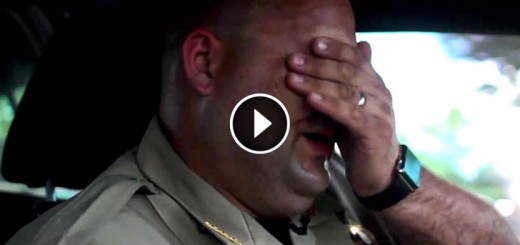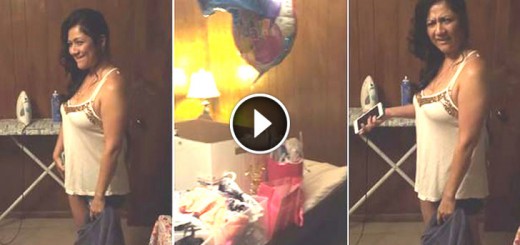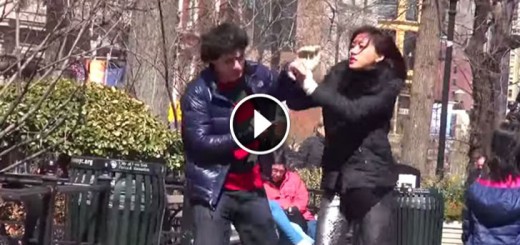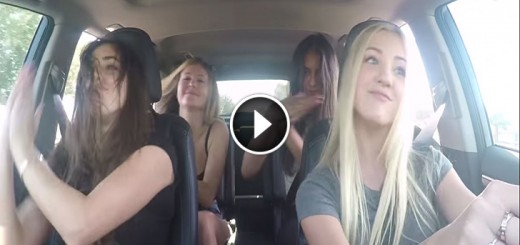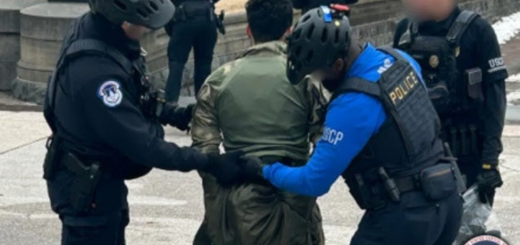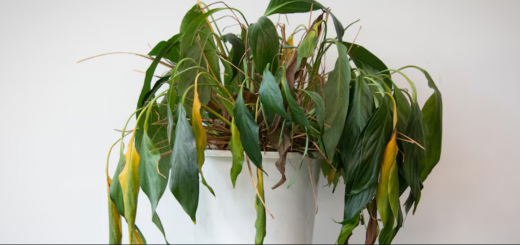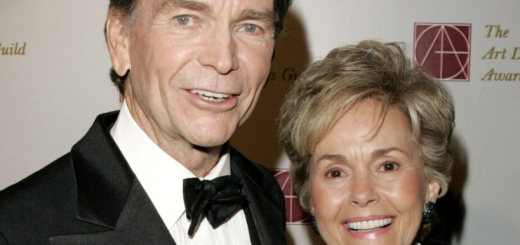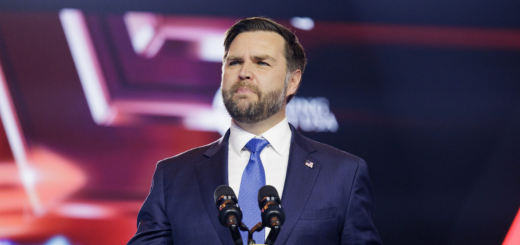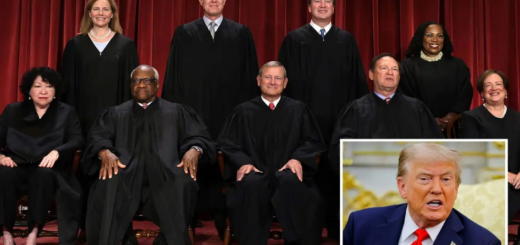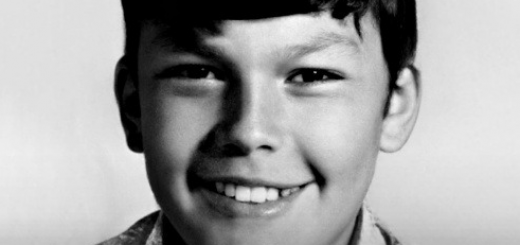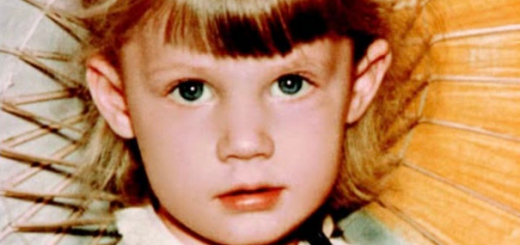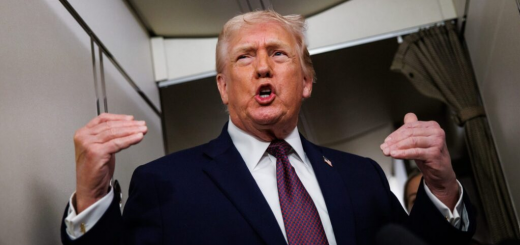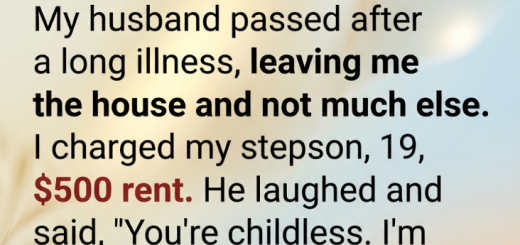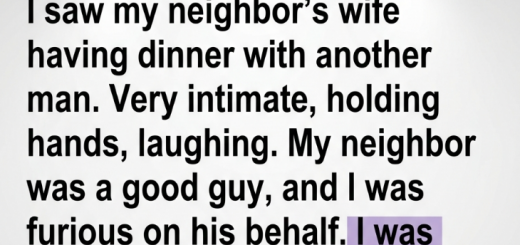Quinta Brunson Highlights Lack of Diversity in ‘Friends’ Sitcom
Conversations about diversity have become increasingly important, touching all areas of life, including our favorite TV shows from the past. This brings us to the beloved ’90s sitcom, Friends, which has recently faced criticism for its lack of diversity.
Quinta Brunson, known for her role in Abbott Elementary, recently expressed her concerns about Friends during her hosting appearance on Saturday Night Live.
In her opening monologue, she humorously addressed the absence of Black characters in the iconic series.
Brunson also highlighted the diversity showcased in her own show, Abbott Elementary, which follows a group of teachers in a predominantly Black, state-funded elementary school in Philadelphia.
She pointed out the stark contrast between the two shows, remarking: “I wanted to be on SNL back in the day, but the audition process seemed long – so instead, I just created my own TV show, made sure it became really popular, won a bunch of Emmys, and then got asked to host.
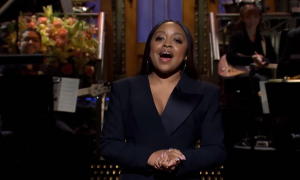
So much easier, so much easier.” The audience resonated with her sentiments as she continued: “It’s a network sitcom like, say, Friends. Except, instead of being about a group of friends, it’s about a group of teachers. Instead of New York, it’s in Philadelphia and instead of not having Black people, it does.”
Despite her playful tone, the issue Brunson raised is serious and has been echoed by many, including Marta Kauffman, one of Friends’ creators. Kauffman has openly expressed regret over the show’s lack of diversity and has taken steps to address this by pledging $4 million to a university in support of African and African-American studies departments.
Reflecting on her journey, Kauffman stated, “I’ve learned a lot in the last 20 years,” admitting, “Admitting and accepting guilt is not easy.
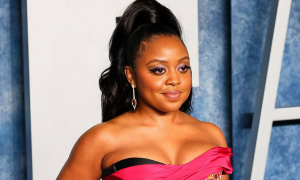
It’s painful looking at yourself in the mirror. I’m embarrassed that I didn’t know better 25 years ago.”
She added, “It took me a long time to begin to understand how I internalized systemic racism.
I’ve been working really hard to become an ally, an anti-racist.
And this seemed to me to be a way that I could participate in the conversation from a white woman’s perspective.”
The conversation around diversity in entertainment continues, but recognizing past shortcomings and striving for a more inclusive future marks a significant step forward.



